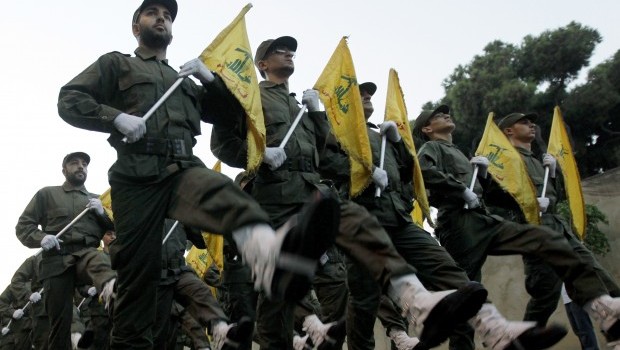Hezbollah’s interests in Arab countries, particularly in Gulf ones, are not insignificant. The party—which has perhaps become more hated than Israel—has deeply rooted connections in the region through dealing with trading companies that serve as various covers.
US prosecutions of Hezbollah have exposed its diverse commercial activities—from smuggling cigarettes to transferring money—and complicated networks of individuals that are used for economic or political gain.
The Gulf Cooperation Council (GCC) states are dissimilar with regard to their treatment of Hezbollah’s commercial activities. Of these countries, Saudi Arabia, Bahrain and the UAE are stricter than the others, monitoring transactions far more thoroughly. Kuwait is the most lenient Gulf country, and is home to economic groups that operate in Hezbollah-controlled areas of Lebanon. Qatar does not have huge, multi-national companies—as is the case in other Gulf countries—but it has supported Hezbollah, financially and politically, for an entire decade. However, that was before the Syrian revolution; it is unlikely that any aspect of this special relationship still exists. In general, out of all the GCC states, Oman is the most cautious in dealing with suspicious countries.
While Hezbollah is involved in terrorist operations against Kuwait, Saudi Arabia and Bahrain—and has been for decades—these countries have not engaged in activities against it. Hezbollah was fully involved in an assassination attempt against Kuwait’s emir, who survived a car bombing in 1985. The major culprit in that crime is Mustafa Badreddine. He was the perpetrator, and is also wanted by the Special Tribunal for Lebanon in their investigation of the assassination of Rafiq Hariri. The irony is that Saddam Hussein released him five years later, after the invasion of Kuwait. Hezbollah also hijacked a Kuwaiti airplane in Muscat and killed two Kuwaiti passengers.
Several Hezbollah terrorist plans have been uncovered in Saudi Arabia and Bahrain, and the group was not punished for any of them. Only the US, which classified Hezbollah as a terrorist organization in 1995, placed Hezbollah on the list of sanctioned organizations. The Gulf States chose to remain silent over Hezbollah’s crimes against their own governments and citizens, because it was seen as a resistance organization that had popular support among Arabs. In fact, it was merely an arm of the Iranian Revolutionary Guard. Gulf countries also wanted to maintain the balance of power in Lebanon, and maintaining minimal relations with Hezbollah supported civil peace in Lebanon.
Gulf countries have finally decided to categorize Hezbollah as a terrorist organization, because it became a major party fighting alongside Bashar Al-Assad’s regime and is involved in the murder thousands of Syrians. Although the move comes late, I doubt that it will become anything more than a political decision, or that it will be applied on different levels.
